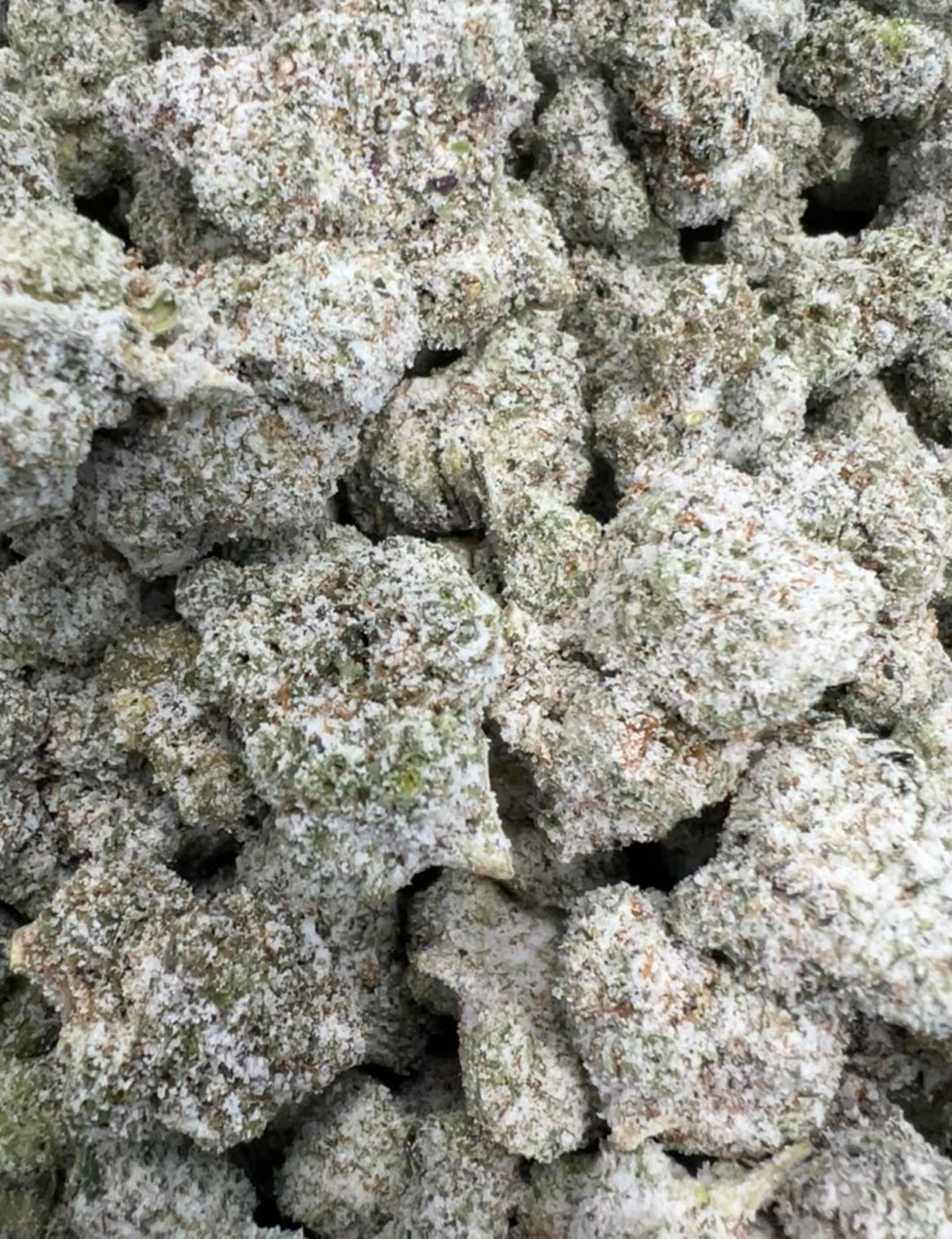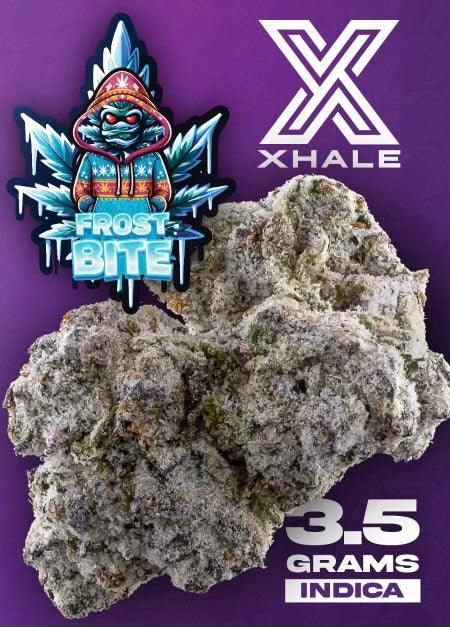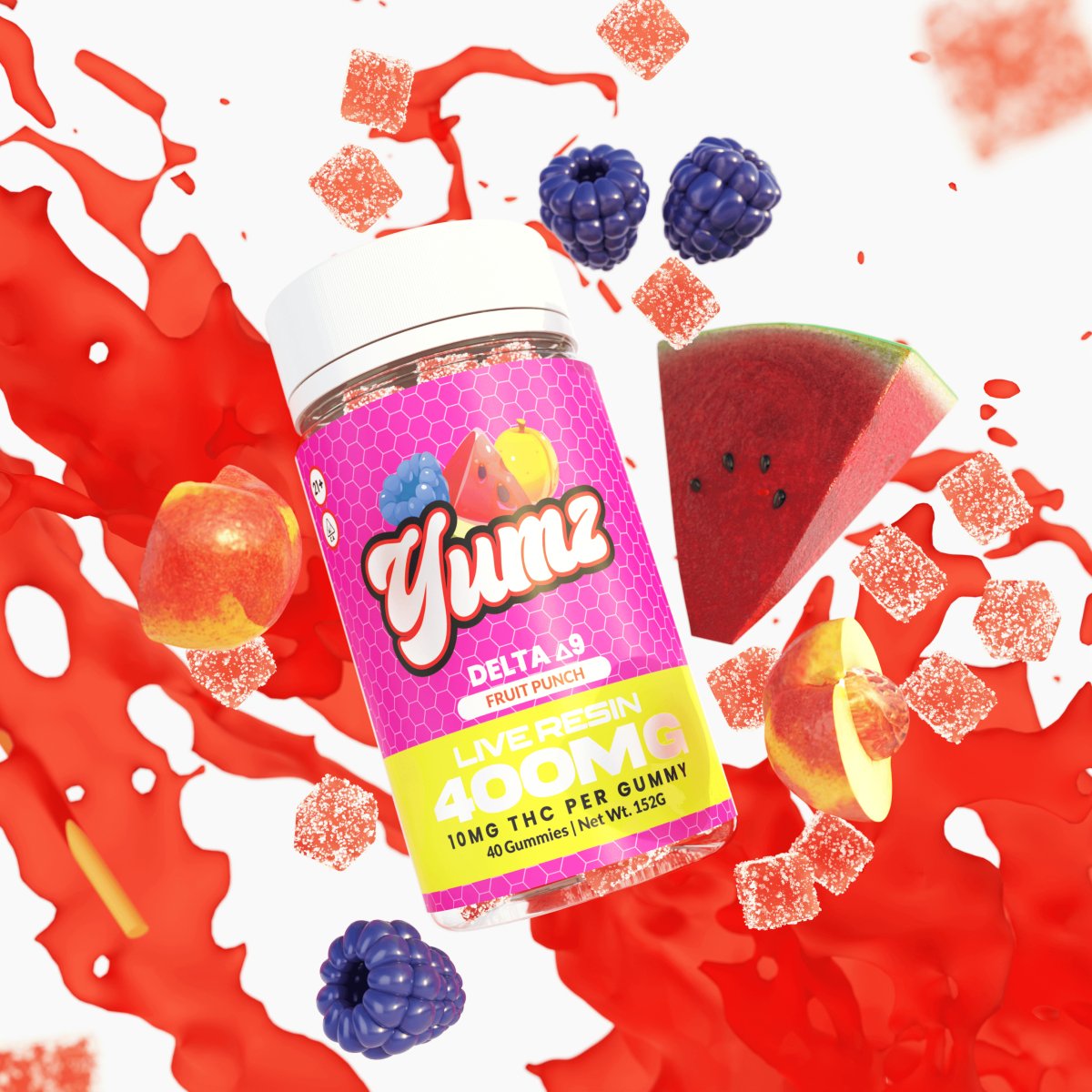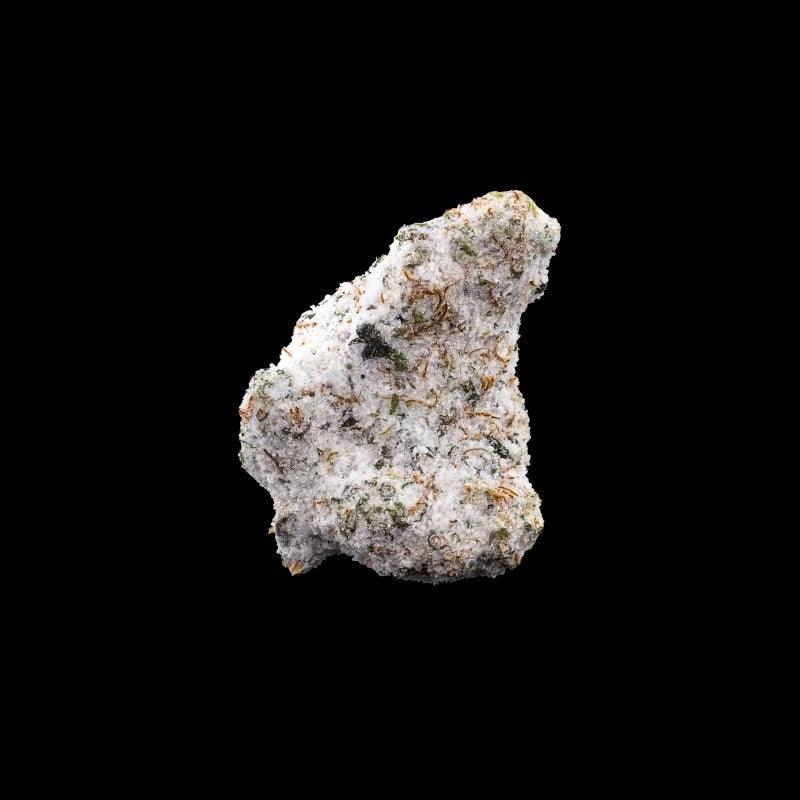
Does THCA Get You High When Smoked? Unraveling the Science
In the ever-evolving landscape of cannabis research and consumption, THCA (Tetrahydrocannabinolic acid) has emerged as a compound of interest for enthusiasts and scientists alike. As the non-psychoactive precursor to THC (Tetrahydrocannabinol), the compound responsible for the iconic "high" associated with cannabis, questions abound regarding THCA and its effects when smoked. This article dives deep into the science behind THCA, its transformation process, and whether it can induce psychoactive effects upon combustion.
Understanding THCA: The Non-Psychoactive Precursor
THCA is found in raw and live cannabis plants, representing the acidic form of THC. In its natural state, THCA has its own range of benefits, including anti-inflammatory and neuroprotective properties, without producing the euphoric effects associated with THC. The conversion of THCA to THC, known as decarboxylation, is a crucial process that influences the compound's impact on the human body.
The Process of Decarboxylation
Decarboxylation is a chemical reaction that removes a carboxyl group from THCA, converting it into the psychoactive THC. This transformation requires heat, making smoking a direct method to decarboxylate THCA and unlock THC's psychoactive properties. The question then arises: does THCA itself get you high when smoked, or is it the process of decarboxylation to THC that leads to psychoactive effects?
THCA to THC: The Role of Heat
When THCA is exposed to heat, as in smoking, it undergoes rapid decarboxylation, converting to THC and activating its psychoactive potential. This means that while THCA itself does not produce a high, the act of smoking effectively transforms it into THC, leading to the desired euphoric effects. The efficiency of this conversion depends on various factors, including temperature, duration of heat exposure, and the method of consumption.
Smoking vs. Other Methods of Consumption
Smoking cannabis is one of the fastest ways to experience the effects of THC, thanks to the immediate decarboxylation and absorption of THC into the bloodstream via the lungs. In contrast, other methods of consumption, such as edibles or tinctures, involve different metabolic pathways and rates of decarboxylation, leading to varied onset times and effects. Understanding these differences is key for consumers seeking specific outcomes from their cannabis experience.
The Importance of Temperature in Decarboxylation
The temperature at which cannabis is smoked plays a critical role in the efficiency of THCA's conversion to THC. While smoking inherently provides the heat necessary for decarboxylation, not all methods achieve the optimal temperature range for complete conversion. This variability can affect the potency and efficacy of the cannabis consumed, highlighting the importance of controlled heating methods for those seeking precise dosages and effects.
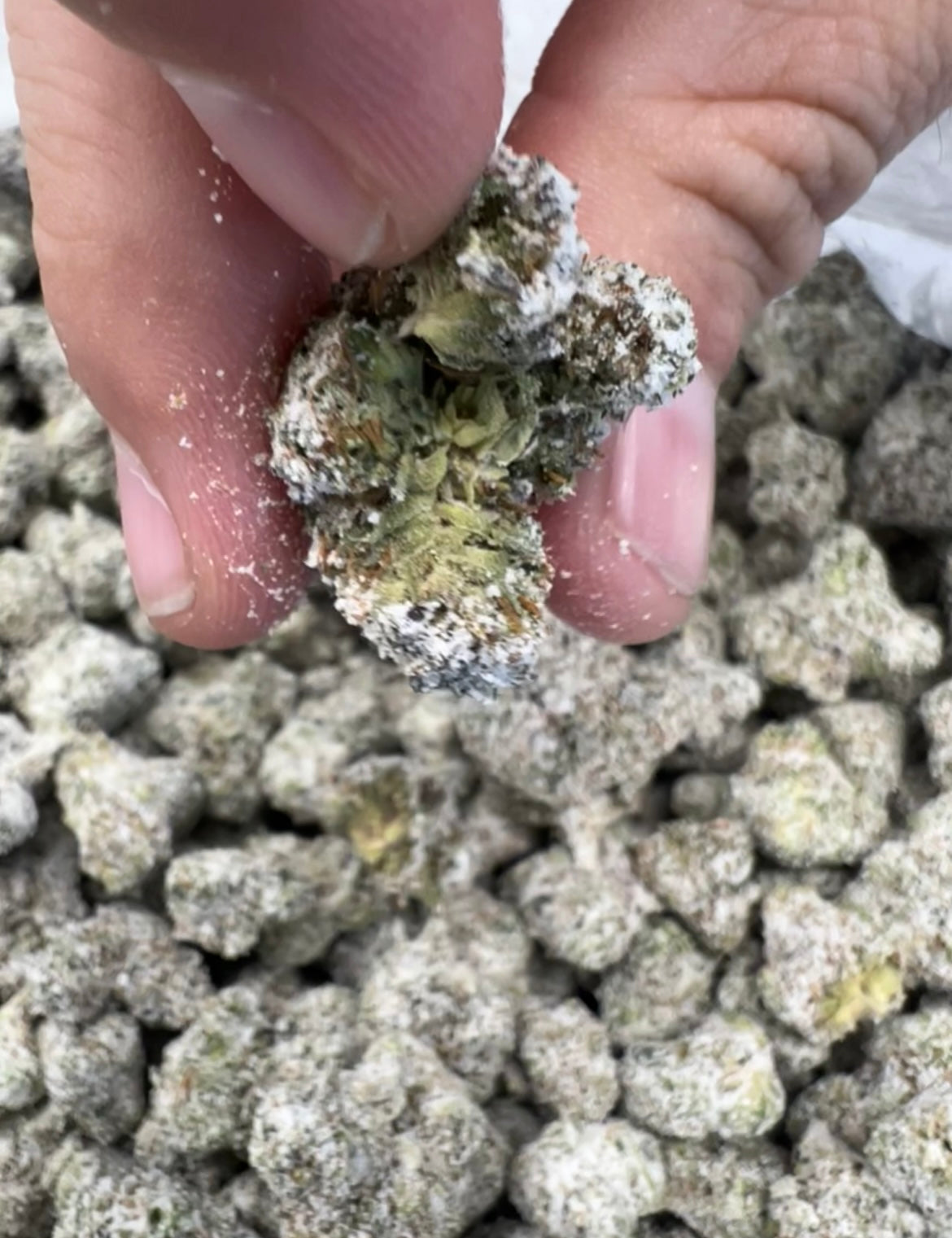
Potential Benefits and Considerations
While the psychoactive effects of THC are often sought after, it's important to recognize the potential benefits of THCA before it's converted. Research suggests that THCA has its own therapeutic properties, including anti-inflammatory and neuroprotective effects. For individuals interested in the health benefits of cannabis without the psychoactive experience, exploring raw cannabis consumption methods, such as juicing, may be beneficial.
Legal and Safety Considerations
As with any cannabis-related topic, legal and safety considerations are paramount. The legality of cannabis and its derivatives varies significantly by jurisdiction, and it's crucial for consumers to familiarize themselves with local laws and regulations. Additionally, understanding the effects of THC and responsible consumption practices can help ensure a safe and positive experience.
Conclusion: Decarboxylation Unlocks THCA's Psychoactive Potential
In conclusion, while THCA itself does not produce a high when smoked, the process of smoking cannabis leads to the decarboxylation of THCA into THC, resulting in psychoactive effects. This transformation highlights the dynamic nature of cannabis compounds and the importance of understanding their interactions and impacts on the human body. Whether seeking the psychoactive experience of THC or the therapeutic benefits of THCA, consumers are encouraged to explore the myriad possibilities of cannabis with an informed and cautious approach.
Call to Action: Explore and Educate
As the cannabis industry continues to grow and evolve, so does our understanding of its complex chemistry and potential benefits. For those curious about the effects of THCA and THC, further exploration and education are encouraged. By staying informed and responsible, consumers can navigate the world of cannabis with confidence and curiosity, unlocking its many possibilities for wellness and enjoyment.
